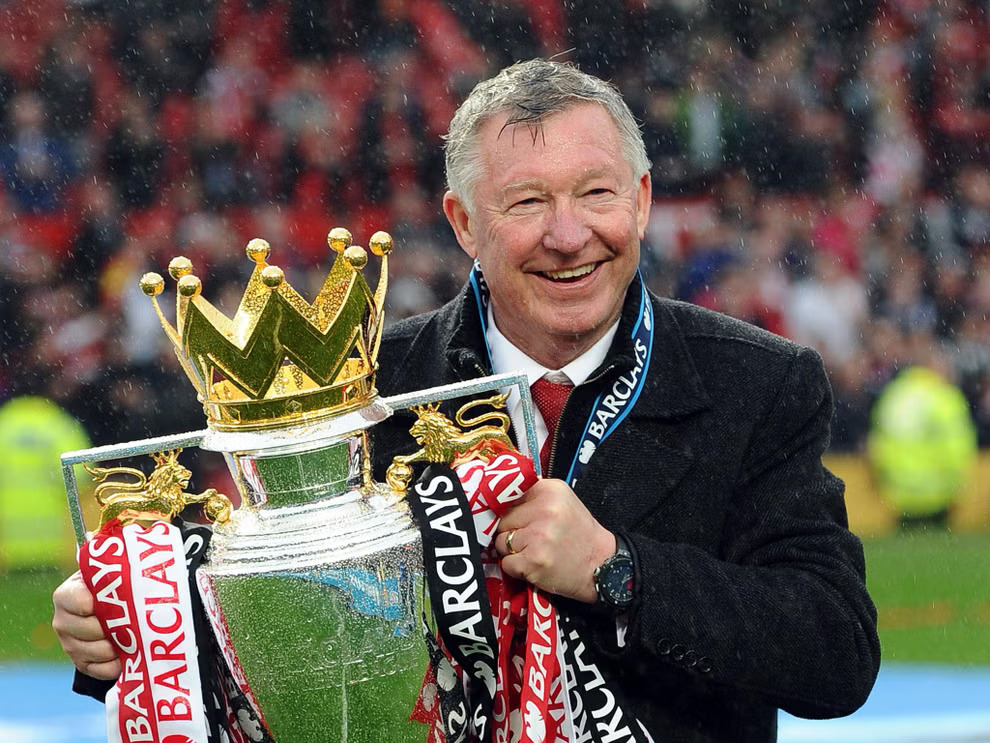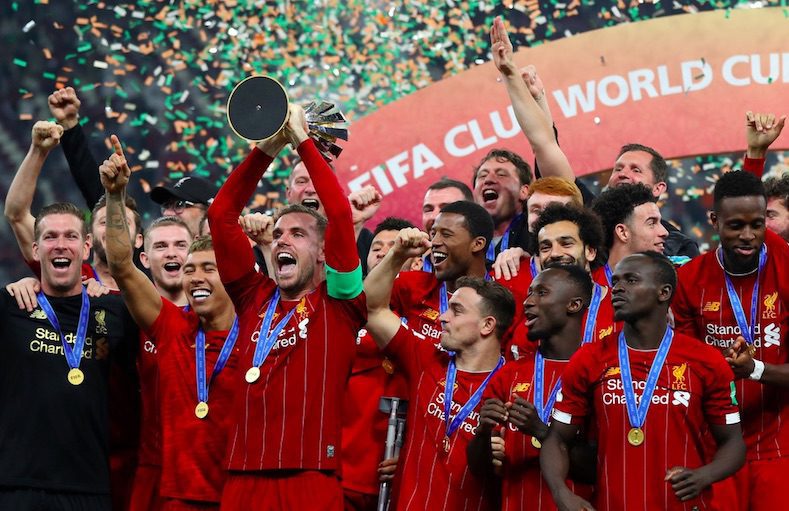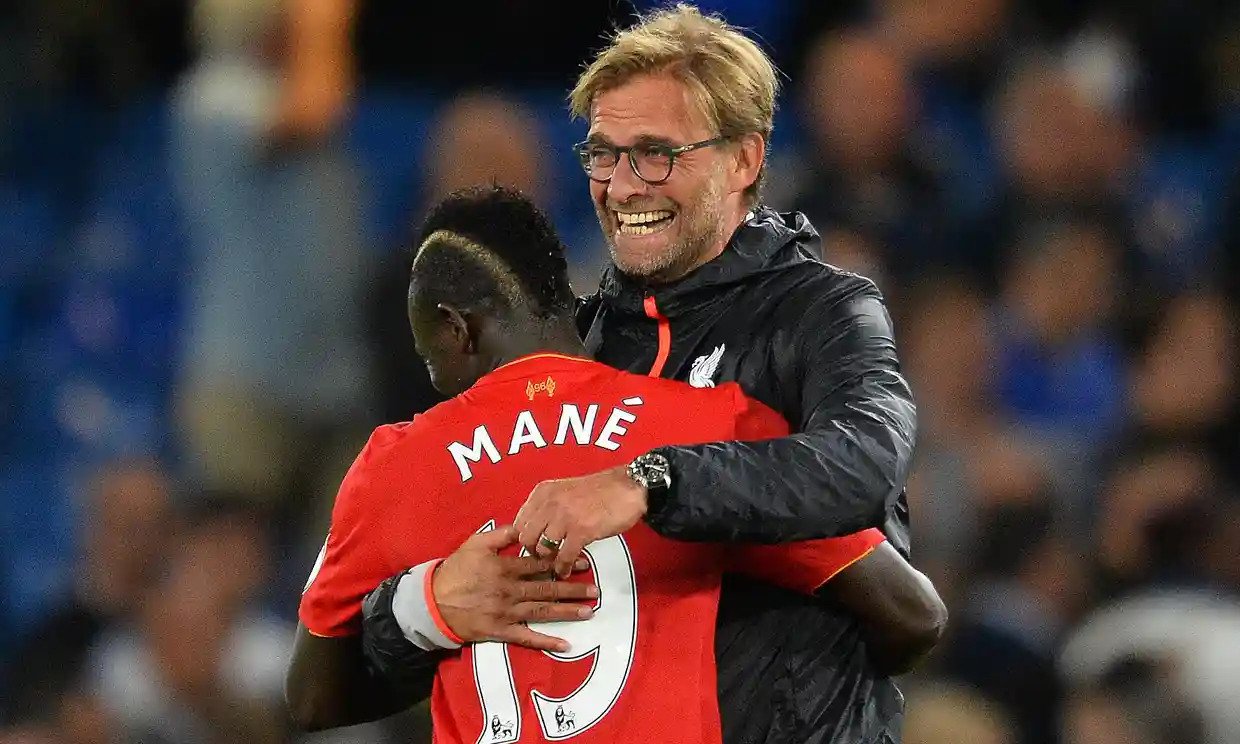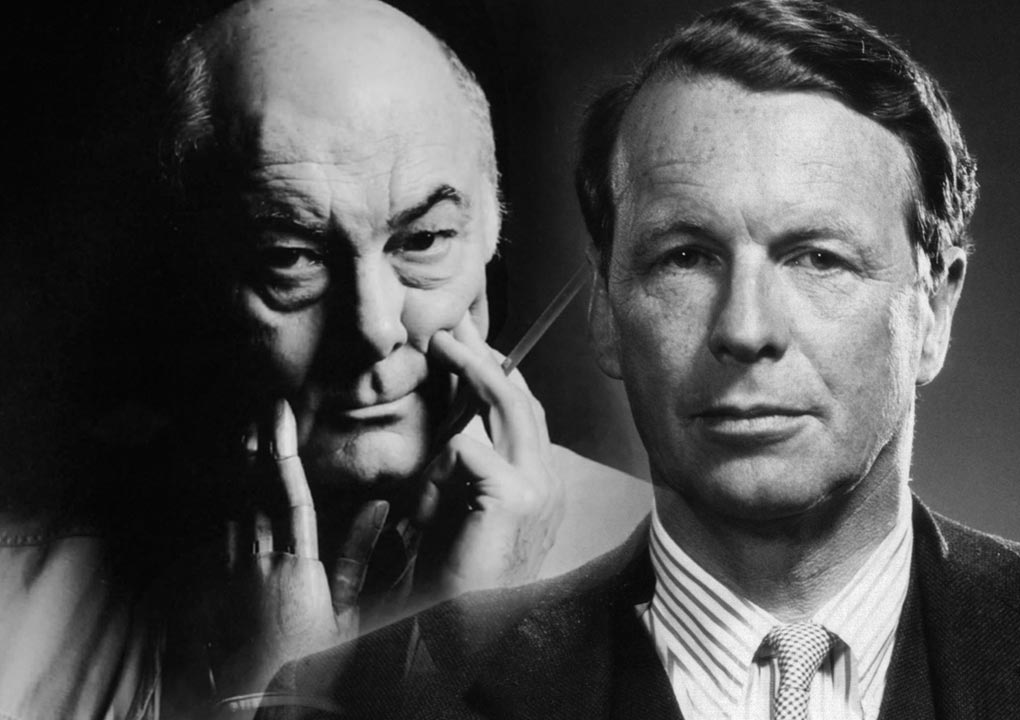Welcome to the second issue of Conversations @ Tangible in 2023! In this 44th issue, we draw lessons from football teams to explore the intricacies of internal branding, and who is responsible for its successful implementation.
Lessons from The Field– What can we learn about Internal Branding from Football teams?
The previous article of Conversations @ Tangible has established the importance of internal branding and its usefulness in rallying teams behind corporate values. To recap, companies can utilise internal branding to align employee motivations and values in order to support the company’s purpose and deliver exceptional service to clients.
Football teams are just like corporate teams – a diverse group of like minded people, with various talents, unite behind a management team and hopefully a clear purpose to achieve a planned outcome. To accomplish this, the management team and in particular the team manager play a crucial role in aligning players’ motivations so that they can compete as a cohesive team. Successful managers such as Manchester United’s Sir Alex Ferguson and Liverpool’s Jürgen Klopp are successful, precisely because they are often in tune with the best ways to ensure a cohesive team.
This then raises the question: how do Sir Alex Feguson and Jürgen Klopp manage? Well, let us explore what successful managers like them do to create great team culture and internal branding.
1. HR is Not Responsible for Setting the Example, Managers are

Great team managers exemplify the values that they want their players to have and inspire their players to adopt them. When a leader walks the talk, the team will naturally be motivated in striving for the same standards.
At Manchester United, former team manager Alex Ferguson believes that consistent hard work is key to success. He embodied this belief by always being the earliest to arrive at training at 7am. This has instilled a feeling amongst players and sports staff alike that if he could do it, so could everyone else. Unsurprisingly, his staff soon began coming in earlier than he did. An exemplary manager like Ferguson who wields great influence over his players can hence set a model for the team to follow.
Likewise, a corporate manager can be the one to inspire their team, rather than waiting for human resource policies to take its course down the chain of command. By embodying the values and behaviours they want their employees to emulate, managers can create a culture of excellence and motivate the team to strive for the same standards. Such leadership can inspire employees, further encouraging them to take ownership of their work.

2. Aligning Vision
Internal branding is just like football teams’ style of play. They are a set of strategies that guides players’ decision-making when striving for a goal. When all players play with the same strategy in mind, a football team becomes an unstoppable force that dominates the playing field.
Jürgen Klopp, Liverpool’s manager, is known for his preferred style of play, ‘heavy metal football’, which is characterised by its fast-paced intensity. Coined by the manager himself, it is a relentless style of play that aims to overwhelm the opponent with rapid passes and swift movement. This style of play requires near telepathic coordination amongst the team, which is only possible when each player is in-sync with the team manager’s. When Klopp successfully aligned every Liverpool player’s vision, the result was a phenomenal year of championship wins in 2019, when the team bagged the Premier League Trophy, the European Cup and the FIFA Club World Cup.
Similarly, within the corporate realm, teams that are aligned in strategy expend less energy resolving differences in personal motivations. This allows the team to concentrate on striving towards their common goal.

3. Trust in Leaders
Earning the trust of players is crucial in any football team. It enables players to have confidence in the manager’s expertise and judgement. When players trust their managers, they are more likely to embrace team strategies, even when they have doubts, putting their best foot forward on the field.
In Ferguson’s philosophy, the popularity of a player amongst fans should not affect fielding decisions – all players are equally important to the team. As such, players do not take it personally when they are benched. As they trust that the team formation dictated by the manager is right for their existing strategy. This affords team managers the mandate to make strategic decisions astutely, even if they are difficult.
Similarly, in the office, trust in leaders enables employees to focus on their responsibilities, knowing that their managers have a comprehensive understanding of the big picture. Building trust within corporate teams creates a sense of psychological safety that encourages adoption of the brand values. Ultimately, this reduces conflict, leading to better performance and outcomes.
4. A Sensitivity to Emotions
An experienced manager with a sensitivity to emotions can shrewdly adjust their tone and message to players, spurring them on during moments of intensity.
Klopp’s well-known mantra, ‘it’s only football’, is often heard during intense matches to lighten up players’ mood. These perceptive words place the game into perspective, reminding players that there are more important things in life than football. Ultimately, alleviating unnecessary pressure allows players to perform at their best and focus on winning the game.
Similarly, a finger on the pulse of the office dynamic would help managers steer intense or difficult conversations as they sense the motivations and sentiments of employees. These little nudges allow managers to continuously calibrate employee motivations and align them with company values, while also weathering the unpredictable storms of emotions.

5. Dealing with Defeats
In football, as with any other sport, sometimes we win, and sometimes we lose. What is vital is one’s response to defeats. When managed well, losses can be used as encouragement to do better in the future. At times, losses are also teaching points for lessons not learnt well.
Known for his emotional responses to match endings, Klopp is often seen hugging his players after the match regardless of the outcome, as long as they had given their best. However, if losing was due to a lack of team synergy, then players would know that a reprimand was imminent. As former Manchester United striker Andy Cole put it, “If you lose and Sir Alex believes you gave your best, it’s not a problem. But if you lose [in a] limp way…then mind your ears!”
Likewise, losses in the corporate realm should be dealt with in a moderate and forward-looking manner without harming team dynamics. With some wisdom and grace, an astute manager can strategically leverage defeats to unite his team to try again.
Conclusion
As you’ve probably guessed it at this point, internal branding takes on an active role rather than a passive one. Instead of waiting for human resource’ directives, internal branding is a calibrated and dynamic process that takes place everyday, with managers at its helm. This is why Tangible believes in helping clients identify brand positions that are both internally and externally aligned, so that managers can understand and maximise opportunities, thus promoting company culture to employees. By being proactive in ensuring that team members are aligned to company culture, an astute manager can foster a sense of unity in the office, driving everyone towards the company’s goals.
Share this article


